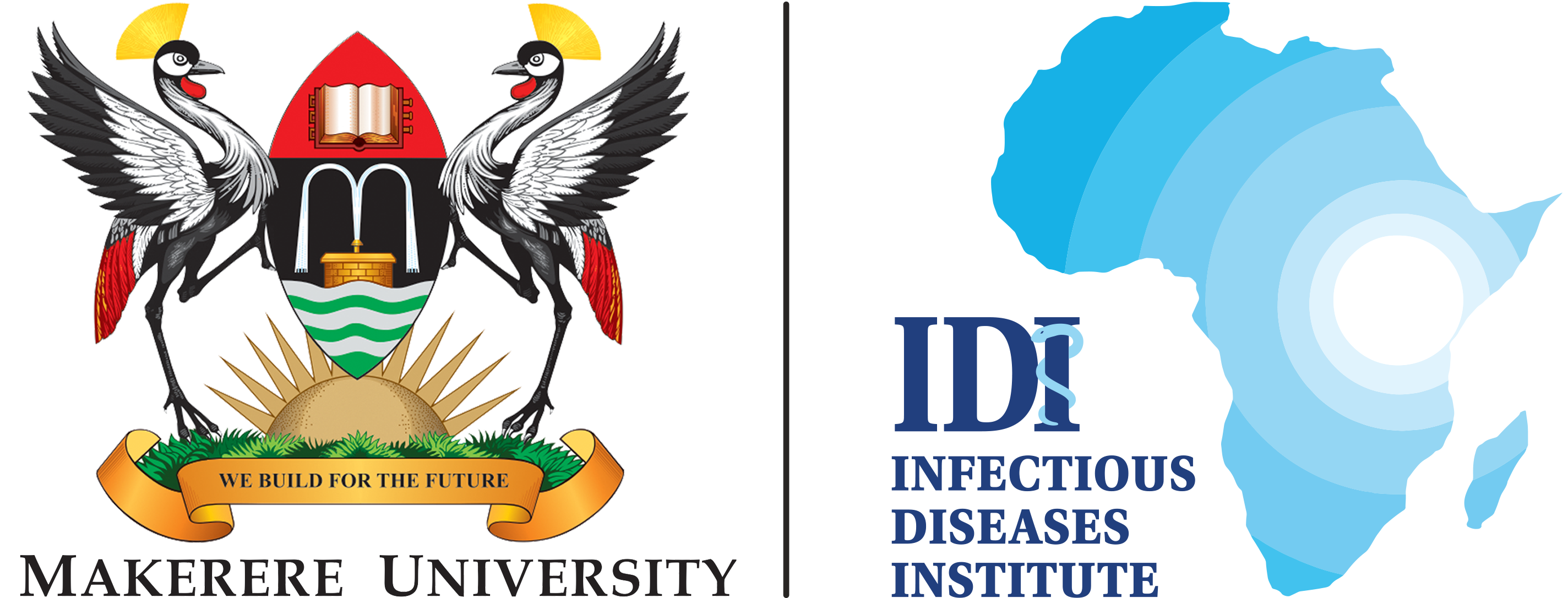- Associated Links
-
-
Our united network of partners and institutions share a vision for excellence, innovation, and impact. Together, we harness our combined strengths to create meaningful change.
-
-
- Careers
-
-
Our people are our greatest asset. We foster a thriving environment where everyone can flourish and make a difference. Join us in driving innovation and positive change through fulfilling career opportunities.
-
-
- Contact Us
-
-
As a leading national health organisation with regional influence, we are committed to improving healthcare in Africa. Connect with us to explore partnerships, discover our work, and together create a healthier future.
-
-
TRAINING AND CAPACITY DEVELOPMENT
The growing evidence indicates that improving the productivity, engagement, and performance of health workers can enhance care outcomes. This was the shared vision of the 14 members of the Academic Alliance in Africa when they launched the Training and Capacity Development Programme in 2002. They aimed to enhance and maintain the competence of healthcare workers to enable them to provide top-quality prevention and management of HIV and other infectious diseases in Africa.
Courses
Voluntary Medical Male Circumcision Surgical skills training
This course is designed to equip health facility circumcision teams with essential competences (knowledge, skills, and attitudes) required for delivery of Safe Male Circumcision (SMC) services. The course builds on background skills of medicine, surgery, nursing, and SMC counselling. Therefore, the course targets in-service providers. The course covers three core areas; surgical skills, theatre assisting/infection prevention and SMC counselling (Integrated National training curriculum).
Course Aim
To build capacity for delivery of quality SMC services among health care workers.
The course will provide trainees the following competencies:
- Ability to conduct Group Client Education and Counselling sessions on SMC
- Ability to conduct HTS eligibility assessment, pre –test counselling and post- test counselling
- Knowledge of rational use of essential medicines/ drugs, supplies and instruments used in male circumcision;
- Ability to apply good practices and principles of infection control;
- Skills to perform SMC procedures (using conventional methods and Devices) and EIMC using surgical devices;
- Knowledge and skills in basic and advanced resuscitation;
- Ability to diagnose and manage SMC adverse events;
- Ability to apply principles of good records management.
- Ability to apply effective strategies for creating demand for SMC services;
- Ability to conduct effective education and counselling on wound care, sexual abstinence (until full wound healing), care while wearing and after removal of devices, and safe sexual practices after SMC.
- Ability to conduct post SMC follow-up care.
At the end of the course, the trainees will be able to:
Knowledge objectives
- Describe different models of scaling up SMC
- Recognize absolute and relative contraindications to male circumcision
- List complications/adverse events of SMC
- List infection prevention measures
- Describe basic approaches for providing basic life support
- Describe different communication approaches and key messages for specific target populations
Skills objectives
- Give health education and counselling to SMC clients
- Screen clients for SMC
- Identify and treat or manage contraindications for SMC
- Identify, interpret and be able to manage or refer complications/adverse events of male Circumcision
- Prepare clients and perform safe male circumcision
Target audience
This training is designed for health care workers of the following cadres.
Circumcisers for SMC – Dorsal slit and MOH approved device based – Medical officers and Clinical officers.
Circumcision Assistants: Nurses and midwives (Clinical officers and medical officers may also be trained) SMC Counsellors – Nurses, midwives, counsellors, and social workers with previous HIV training. Clinical officers and medical officers may also be trained.
Circumcisers and assistants
- Medical Male Circumcision (MMC) background (Male circumcision for HIV Prevention; scientific findings and policy issues, and the relationship between HIV and circumcision)
- Introduction to Counselling in MMC
- Penile Anatomy and Screening for MMC
- Anaesthesia and Surgical Methods in VMMC
- Infection Prevention
- SMC Suture Craft
- Community Mobilization
- MMC Roll Out Strategies and Challenges
- Linking MMC with other Male Reproductive health Services
- Managing MMC Adverse Events or complications
- Monitoring and Evaluation of MMC services
- MMC Support Supervision
- Emergency management
- Overview on Tetanus vaccination
Click here to access course application form
Silver Kasigeire
Email: skasigaire@idi.co.ug, Phone: +256 787 311 882 |Toll-free: 0800 200055

